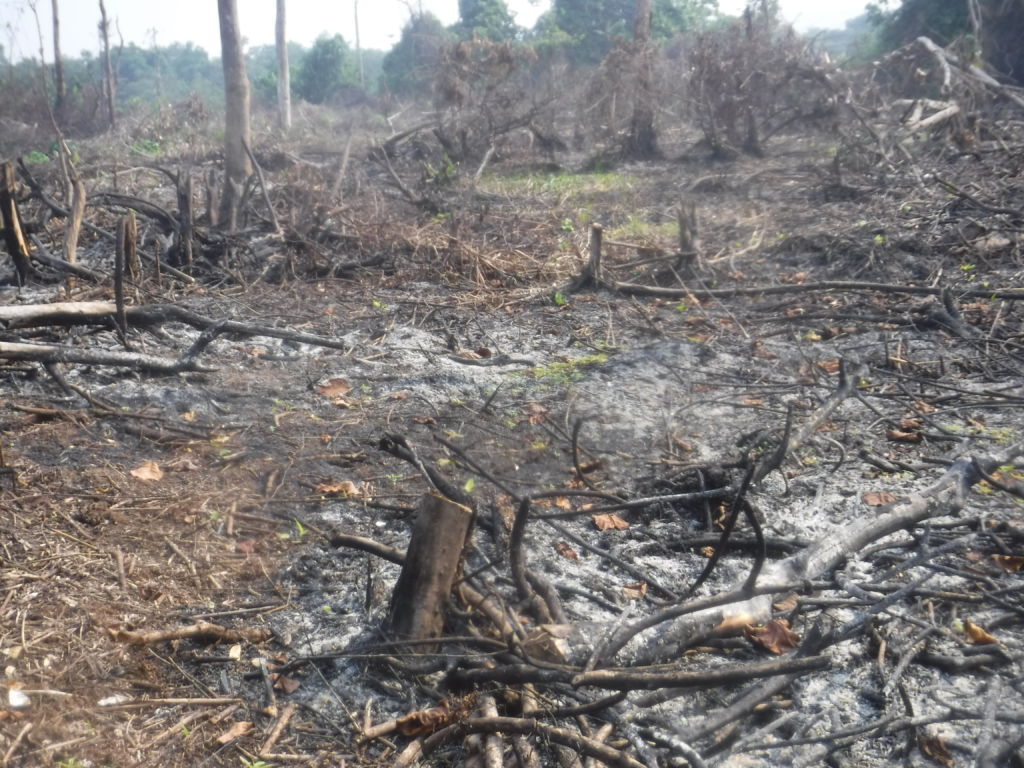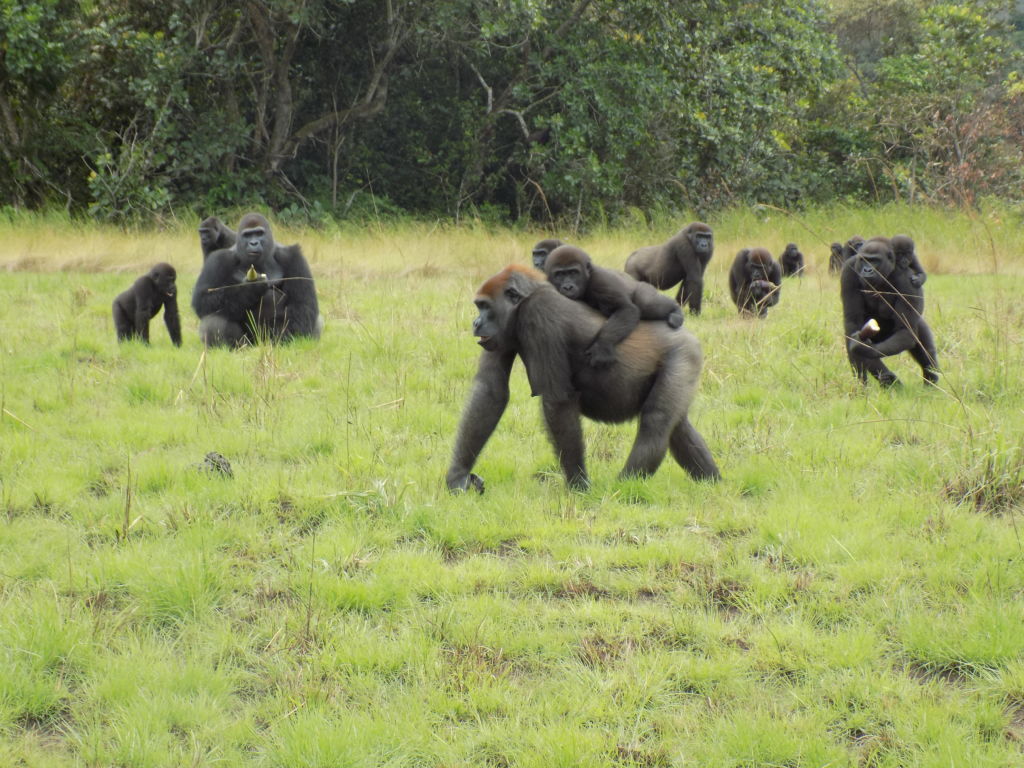This website uses cookies to ensure you get the best experience on our website. Terms of Use.
Accept CookiesFor better user experience, please use another browser.
Lésio-Louna Reserve, 99862
RAPPAM evaluation; Parcs and reserves of Congo; Protected area management effectiveness evaluation
The project addresses two priority needs for the Lésio-Louna Reserve:
The operational capacity of field staff and eco-guards will be strengthened by:
The improvement in the performance and services of the ecotourism infrastructure will be achieved by:
The ability to conduct motorized patrols will enable eco-guards to regularly undertake missions covering a wider area of the reserve, and the development of field staff to using the SMART system will enable the project results to be verified and analysed on a larger scale whilst maintaining a high level of detail and accuracy. The capacity for data collection is also increased with the camera traps. These changes will significantly impact on the level of protection for the reserve and will result in an increase in the number of arrests and interruptions of illegal activities. The enhanced data collection will also increase knowledge of the range of species within the protected area.
The improvements to the eco-tourism infrastructure will enhance the visitor experience. The installation of the new solar energy system will reduce noise and pollution by an estimated 83% compared to the existing system and, together with the improved access via the Lefini river, it should lead to an increase in visitor numbers. There are 23 villages surrounding the Lésio-Louna Reserve, with over 17,000 residents, who could ultimately benefit as tourism revenue is used to support local communities and contribute to financing the protected area.
Download the project infofiche.
The Aspinall Foundation





